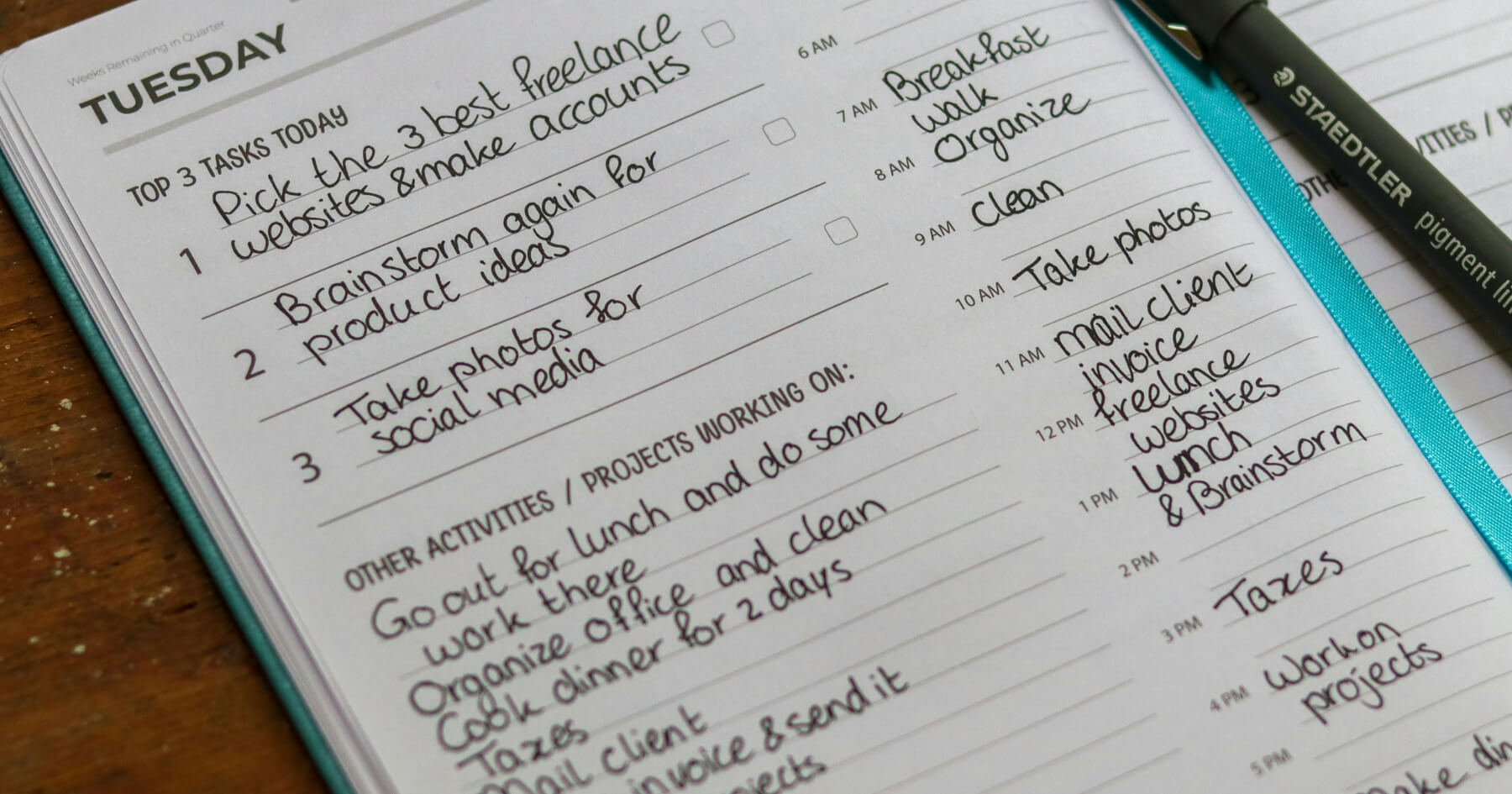Is the 5-Day Workweek and 8-Hour Workday Really Necessary? Rethinking the Essence of Work

Do We Really Need to Work 5 Days a Week, 8 Hours a Day?
The idea of a full-time job is deeply ingrained in our society.
We assume that working five days a week, eight hours a day, is “normal.” But have you ever questioned whether this structure is really the best way to work?
Work has evolved significantly from the past.
- Harder to slack off – With work monitoring tools, progress tracking, and constant supervision, there’s little room for inefficiency.
- Increased complexity – AI integration and ever-changing industries make jobs more challenging.
- Instant communication pressure – Constant email and chat notifications keep workers always “on.”
With these factors in mind, does simply working a set number of hours necessarily lead to higher productivity or job satisfaction?
If Productivity is High, Why Not a 3-Day Workweek?
Personally, I work three days a week and consistently exceed my company’s expectations.
This proves that “longer hours” do not necessarily equate to “better results.”
Prioritizing Output Over Time Spent
If someone can deliver the same results (or even better) while working fewer days, what is the justification for making them work five days a week?
Of course, not every job fits this model. However, there are many roles where performance-based evaluation makes more sense than tracking hours.
- Creative roles (designers, writers, engineers)
→ How much valuable output has been created? - Sales roles
→ How many deals were closed? How satisfied are the clients? - Project management
→ How effectively did the team function and meet goals?
These roles should focus on measurable outcomes rather than the time spent at a desk.
The Challenge: Not All Work Can Be Measured by Results
One issue with shifting away from time-based work is that some jobs don’t have easily quantifiable outcomes.
- Customer support – How do you quantify great service?
- Back-office work – Many tasks are necessary but don’t always translate into clear “results.”
- Education & training – The impact may not be immediately visible.
Such roles often rely on hours worked as an evaluation metric. But even here, shortening working hours while eliminating unnecessary tasks could be a step toward breaking free from the 5-day, 8-hour model.
”It’s Okay Not to Keep Growing, Not to Shine”
Society glorifies constant growth as the ultimate goal.
- “You need to achieve more.”
- “You should always be learning new skills.”
- “You must contribute to society.”
While self-improvement is valuable, turning it into an obligation can be draining.
There’s nothing wrong with just working a normal job and living a normal life.
- You don’t have to keep growing → Who you are today is already enough.
- You don’t need to be extraordinary → Not everyone needs to be a star.
- You don’t have to chase career success → Work is only one part of life.
Finding simpler, more sustainable ways to work and live should be just as valid a goal.
What Employers and Companies Should Rethink
Here’s a question for employers and managers:
“Is making employees work five days a week, eight hours a day, truly the best strategy for your business?”
Shifting from “Time-Based Work” to “Performance-Based Work”
- Implement flexible work policies (4-day workweeks, flextime, remote work).
- Evaluate based on performance, not hours worked.
- Create a workplace where employees can thrive, leading to higher long-term productivity.
Some companies, particularly in the tech industry, are already adopting 4-day workweeks.
The focus is shifting from “how long you work” to “how well you perform.”
Defining Happiness for Yourself
At the end of the day, the most important question is:
“What does happiness mean to you?”
Working isn’t inherently bad, but it’s essential to clarify why you work and what you want to gain from it.
- Are you working for money? → Then find more efficient ways to earn.
- Do you want fulfillment from your job? → Then rethink whether a 5-day schedule is really ideal.
- Do you value your personal time? → Then explore more flexible work options.
Should we keep working under the same rigid structure, or is it time to experiment with new workstyles?
There’s no universal answer, but taking a step back to reflect might be the first step toward a better balance.

